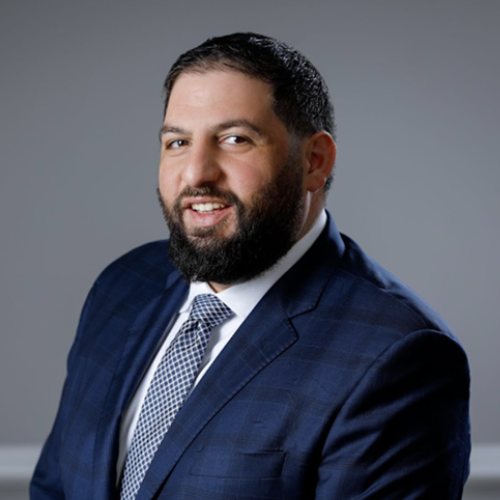Immersing yourself into different cultures overseas can be adventurous, but if you’re not careful, you could come back to the states to find yourself out of compliance with the IRS.
The United States and Eritrea, a country located on the northeastern coast of Africa, are the only two countries in the world that base their tax system on citizenship, not residency; meaning income earned anywhere is subject to taxes.
The IRS recognizes the following list of people that are required to report earnings via FBAR each year:
If you have relied on any of the foreign income types mentioned below, you can expect to file a report with the IRS.
If you find yourself in a situation in which you have not properly filed income made in another country, you still have options to save yourself from the scrutiny of the IRS.
Below are three options for How to File a Foreign Bank Account Report (FBARs) for previous applicable tax years. The best option for you will depend on the specific facts of your case, such as:
Consult an expert FBAR attorney before you resort to any type of offshore disclosure method to make sure you are correctly following IRS procedures and to avoid further penalizing yourself.
This method involves simply sending in the delinquent FBARs into the IRS. You don’t pay any penalties and you don’t have to amend your tax returns.
You can only use this strategy if you are not under civil examination or criminal investigation by the IRS and have not been contacted about the delinquent FBARs. You won’t owe any penalties if you didn’t have foreign income or did pay proper taxes on your foreign income during the years you failed to file FBARs.
The Streamlined Filing Compliance Procedures involve slightly higher costs but are open to taxpayers with a broader range of circumstances. You can use the Streamlined Procedures if you have unreported foreign income for the years in question.
However, you will need to certify that your noncompliance was non-willful conduct, meaning you did not intend to evade reporting your taxes. Eligibility for Streamlined Procedures are void if you are under IRS Civil or Criminal Examination for past non-compliance.
Amending any applicable tax returns and submitting up to six years of delinquent FBARs are the first steps you’ll need to take to correct your issue. You’ll have to pay any back taxes and interest, along with a 5% miscellaneous offshore penalty for domestic taxpayers.
To avoid common mistakes when handling foreign income issues, make sure you speak to an expert tax attorney and receive a professional opinion on this matter before using the Streamlined Procedures.
The original Offshore Voluntary Disclosure Program (OVDP) ended in 2018 and left a gap of uncertainty for disclosure options available. Taxpayers who couldn’t certify that their conduct was non-willful didn’t have any precise framework for correcting their noncompliance with the IRS.
The IRS resolved that issue by enacting new offshore disclosure procedures that brought about a variety of changes, such as the period of disclosure and penalties on taxes owed. If your failure to file FBARs was found to be willful, this is the only offshore disclosure method you’ll be able to use to reconcile your noncompliance.
Willful FBAR penalties and other tax penalties can be accumulated when you use this disclosure method. The cost can be steep, but you will be protected from criminal prosecution if you come to a successful agreement with the IRS. Protect your property and your freedom by calling expert tax attorneys at Ayar Law to defend you against the IRS.
Contact a tax attorney to determine which offshore disclosure method is in your best interests.
Get help with IRS offshore disclosure by calling Ayar Law at 800.571.7175 to request a free tax case review.


